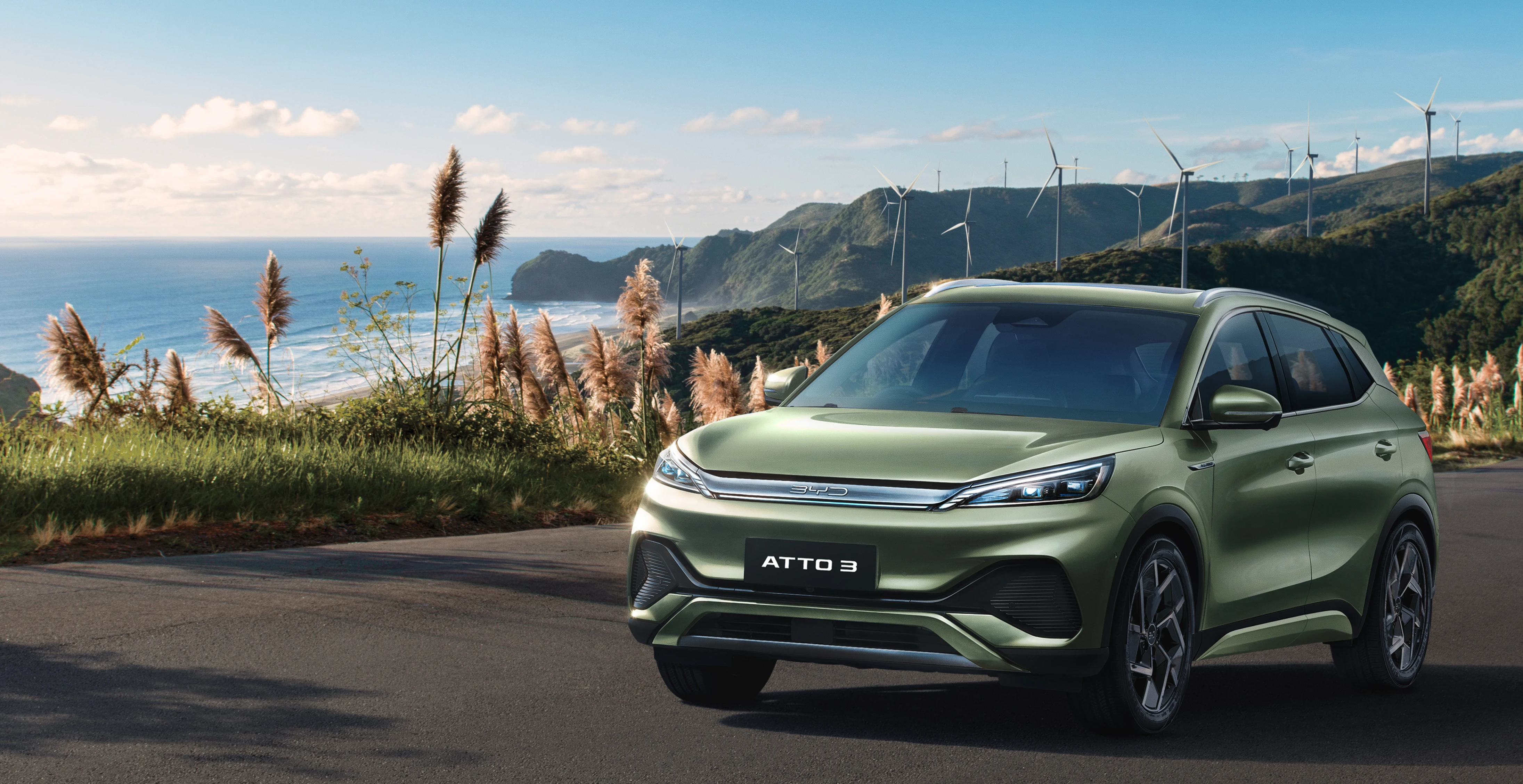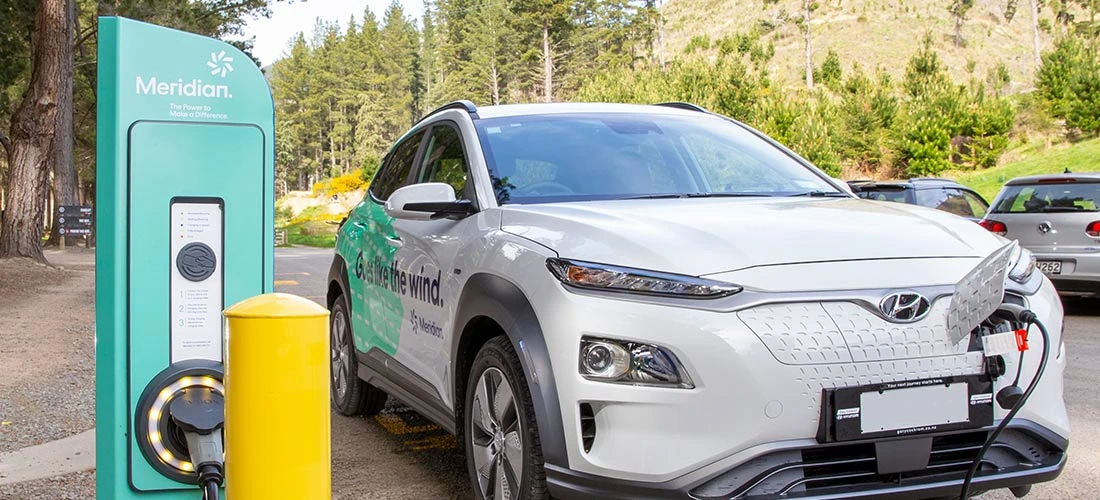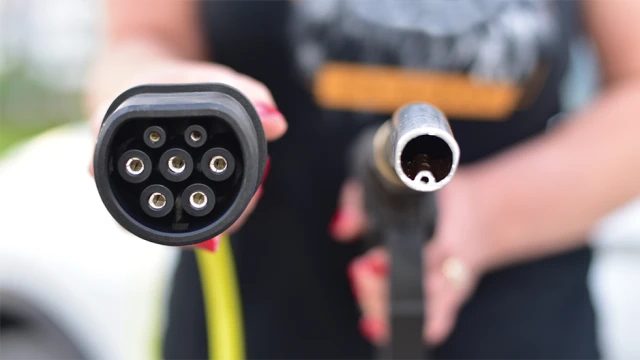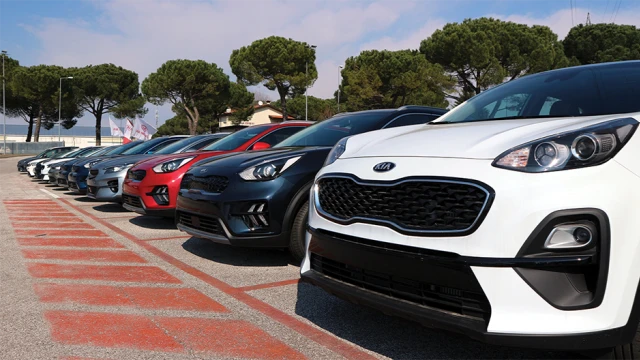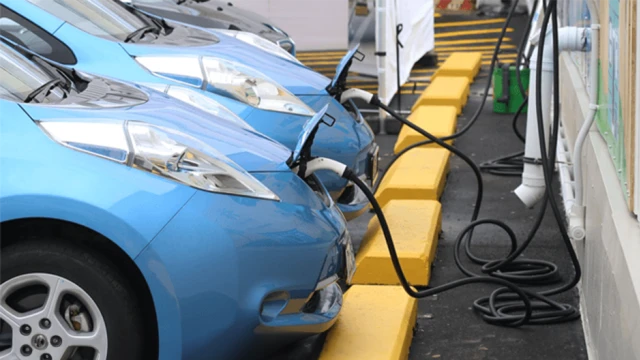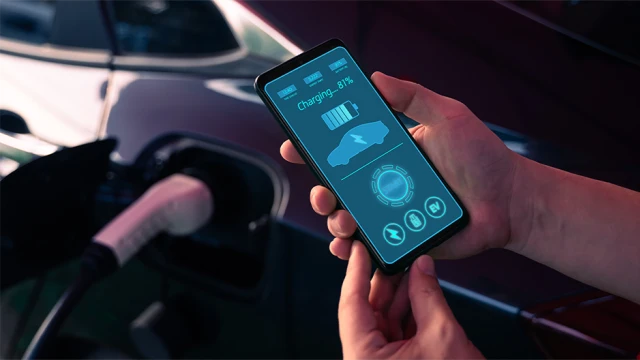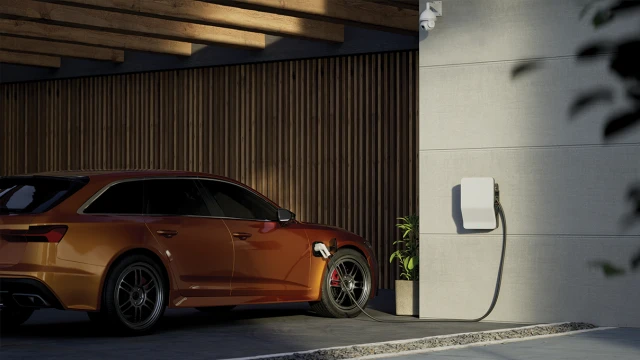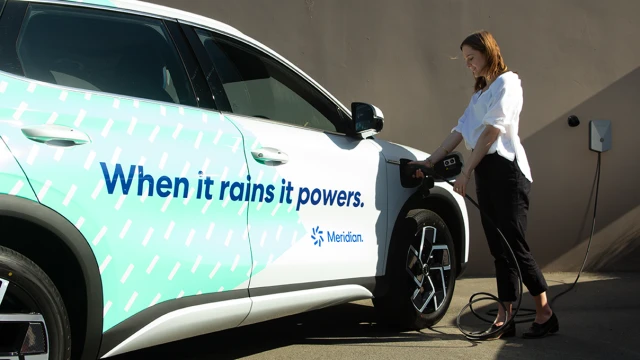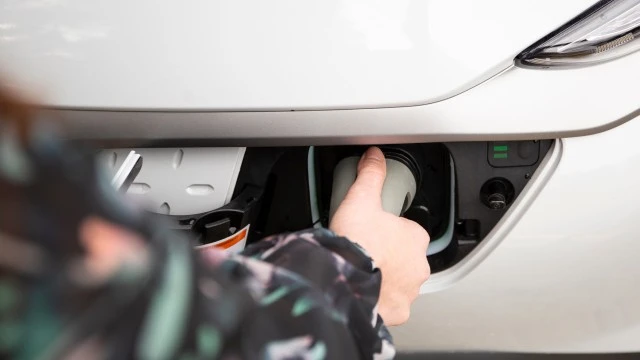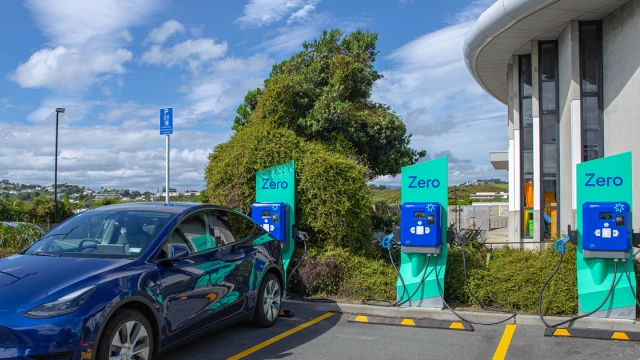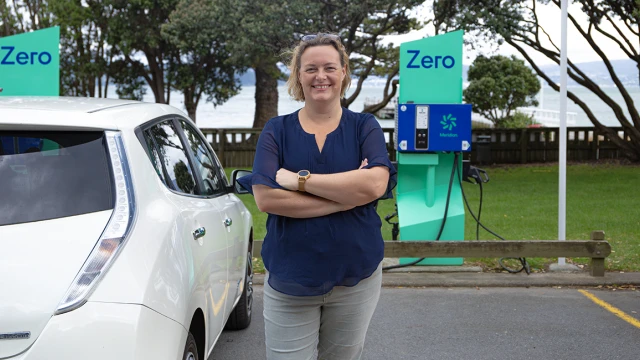There’s no getting around the fact that petrol and diesel prices have shot up in the last few years. Keeping an ICE (internal combustion engine) car on the road now is a noticeable chunk of the household budget and can even start to influence travel habits.
An EV’s charging costs by comparison are tiny, making them a desirable option for those wanting the weekly expenses to stay under control. Just as solar’s value is a matter of working out the long term cost vs. the upfront cost, an electric car’s purchase price should be weighed up against the savings you’ll make in the long run.
Road User Charges -RUC’s
From the 1st April 2024, people with EV’s & PHEV’s are required to pay Road User Charges.
- For an EV this is $76 per 1,000km and for a PHEV it is $53 per 1,000km
- The EV rate of $76 is equivalent to the current Diesel RUC’s in place at the moment.
What does the future look like for the cost of EVs?
The automotive industry is at an interesting stage currently. There’s still plenty of challenges to navigate before EVs become the dominant (or only) type of vehicle on the road:
- Charging infrastructure
- Range concerns
- Entry point cost
However, there’s plenty of indicators to suggest the future will be more electric than ICE. This includes signs from car manufacturers' product roadmaps, a need to reduce emissions and help our environment, plus technologies that are based around an electric motor. As EVs become the norm rather than a novelty, there should be more choice and scale, helping to bring costs down for consumers.
